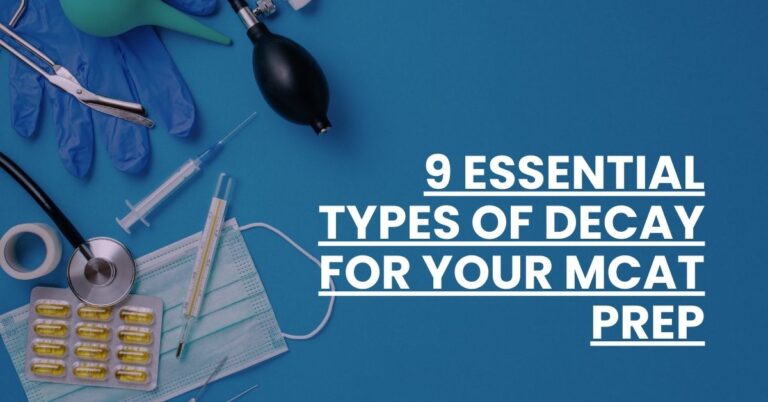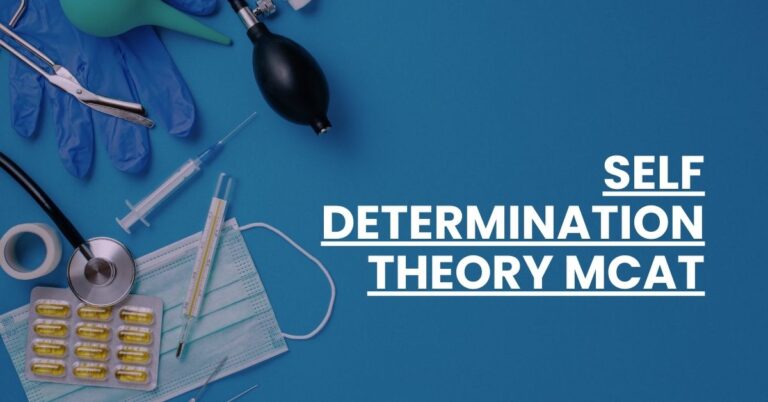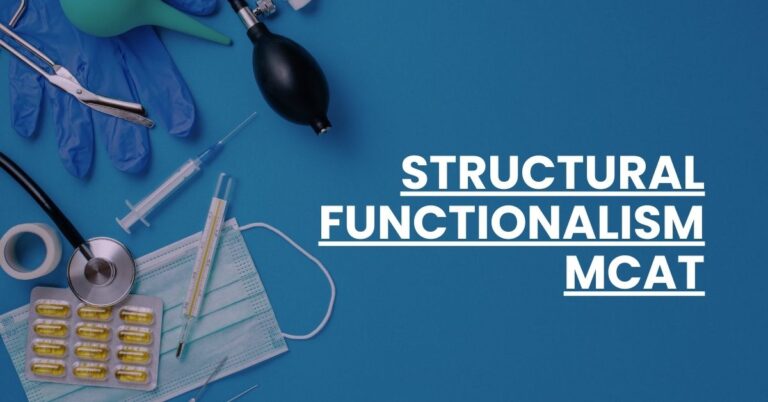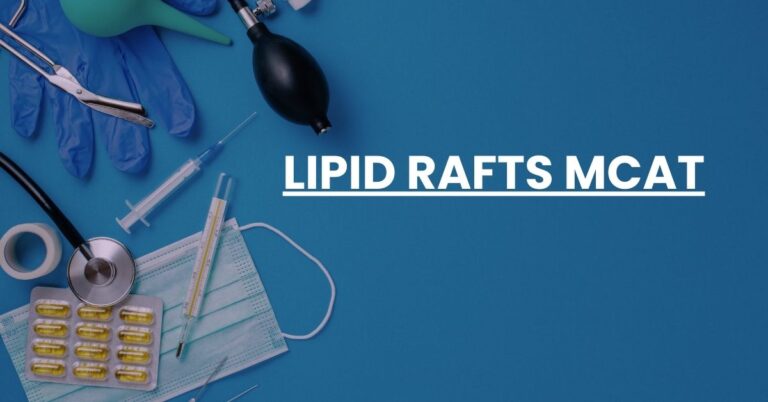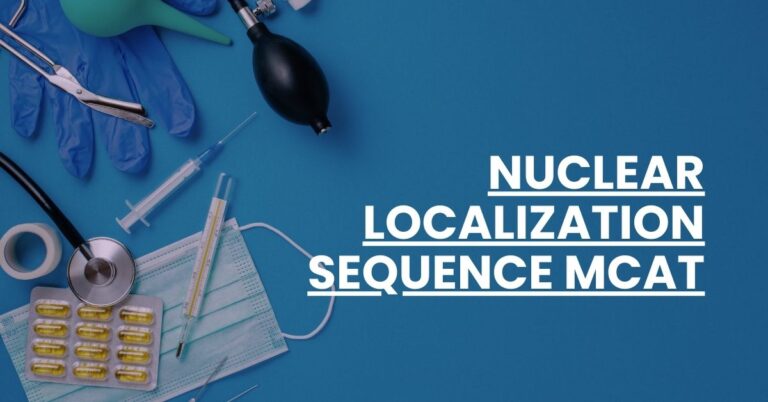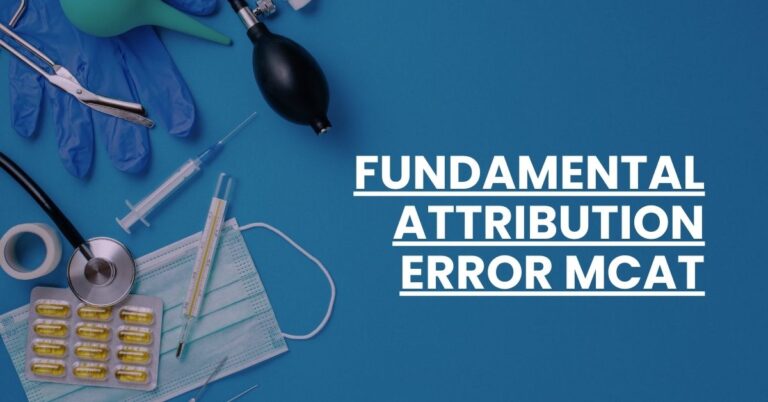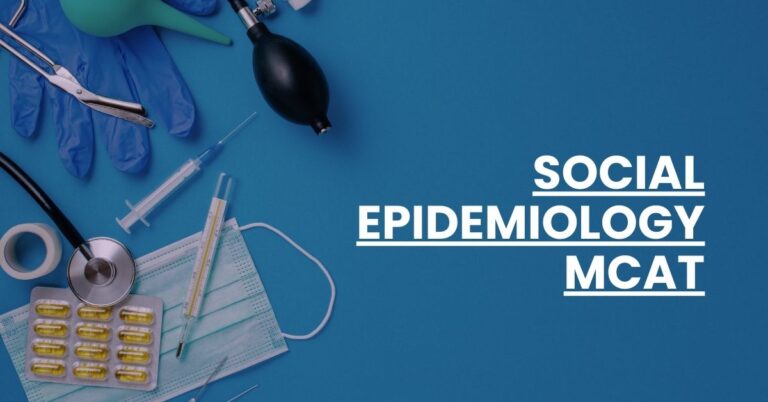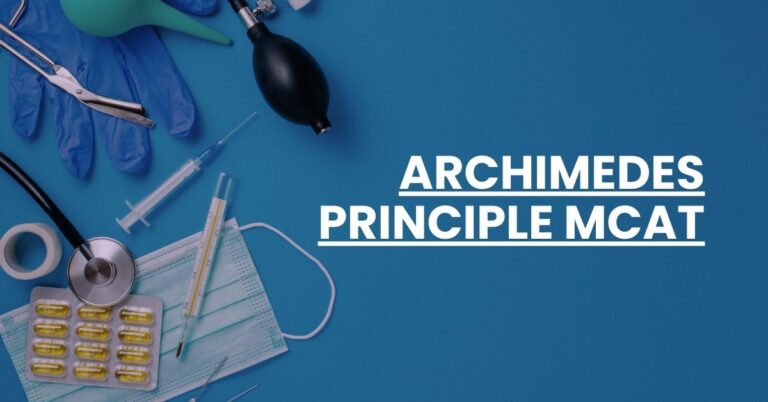LATEST RESOURCES
Feature detection is fundamental to sensory processing, guiding how our brain recognizes and interprets distinct elements of the environment.
Within the MCAT context, understanding...
Are you ready to unlock the secrets of the atomic realm? Understanding the types of decay pivotal for your MCAT can transform your grasp of nuclear chemistry.
This article flags up...
Self-determination theory (SDT) on the MCAT emphasizes the psychological needs of autonomy, competence, and relatedness that fuel intrinsic motivation and wellness—elements crucial...
Discover how to reschedule your MCAT and prepare for plan changes smoothly.
MCAT Rescheduling Fees: Understand the associated costs for changing your test date.
Rescheduling Deadlines:...
Structural functionalism on the MCAT is an essential sociological theory that examines society as a complex but coherent system, where each component works to maintain societal stability....
Lipid rafts are specialized microdomains within the cell membrane, playing crucial roles in cellular processes from signaling to membrane fluidity. On the MCAT, you’ll need to...
The Nuclear Localization Sequence (NLS) is a key determinant for proteins that need to enter the cell nucleus, and it’s a critical concept for the Biology section of the MCAT.
On...
The Fundamental Attribution Error on the MCAT highlights a cognitive bias where test-takers must discern between character and situational influences on behavior. Recognizing this error...
Social epidemiology on the MCAT examines how societal factors influence health and disease patterns. Understanding these social determinants, such as race, socioeconomic status, and...
Archimedes’ principle is a key physics concept tested on the MCAT that dictates whether an object will float, sink, or remain neutrally buoyant in a fluid based on the relationship...
No posts found

